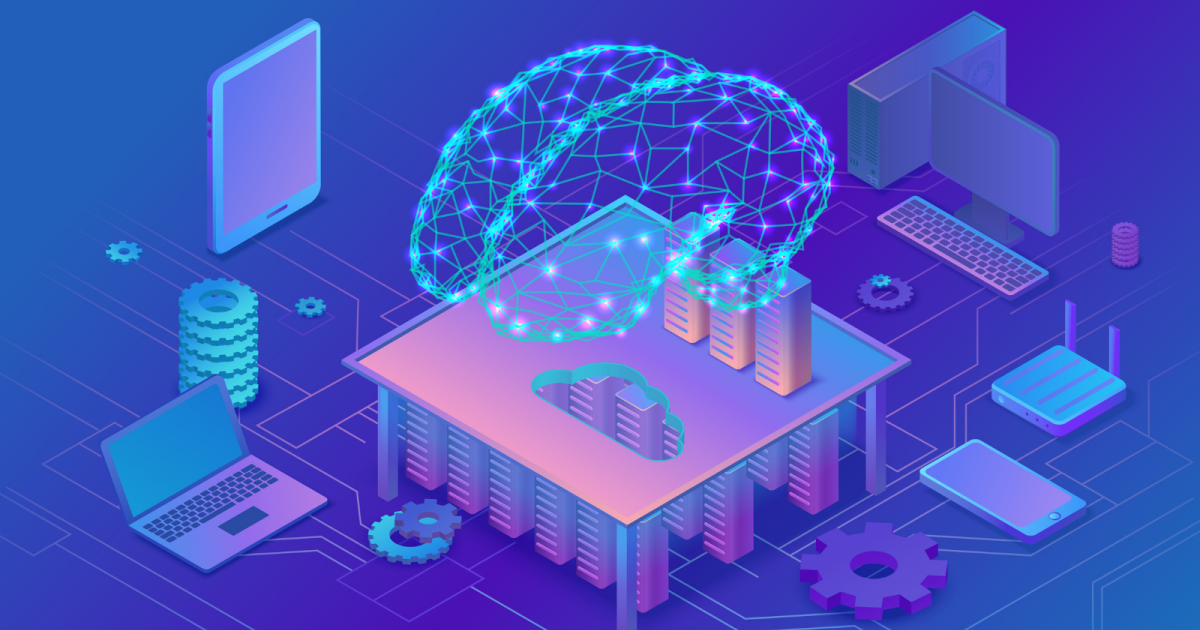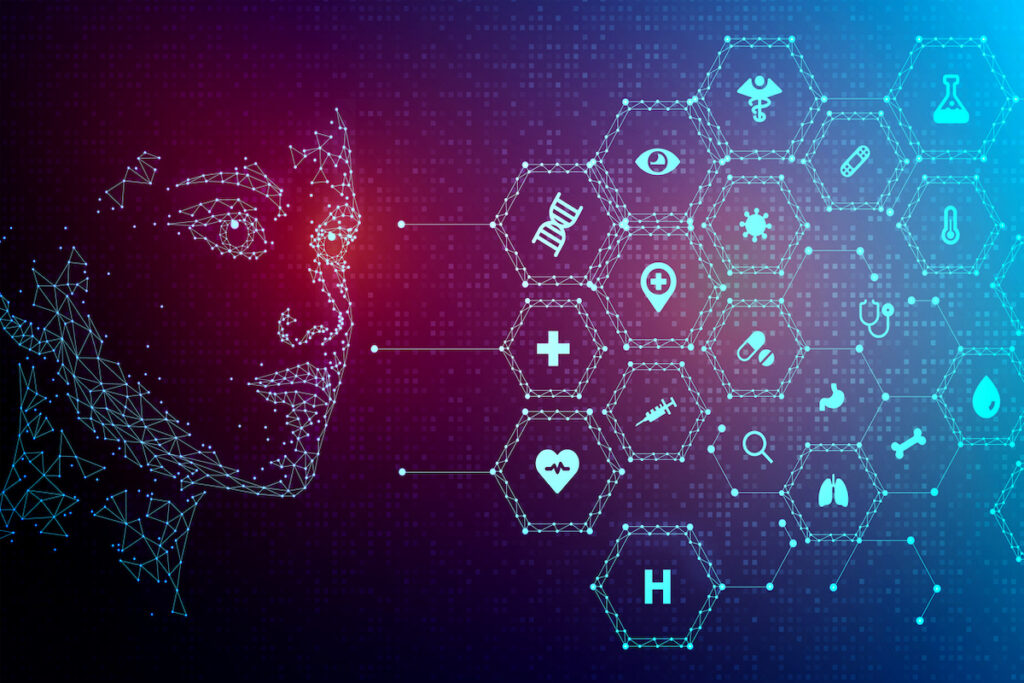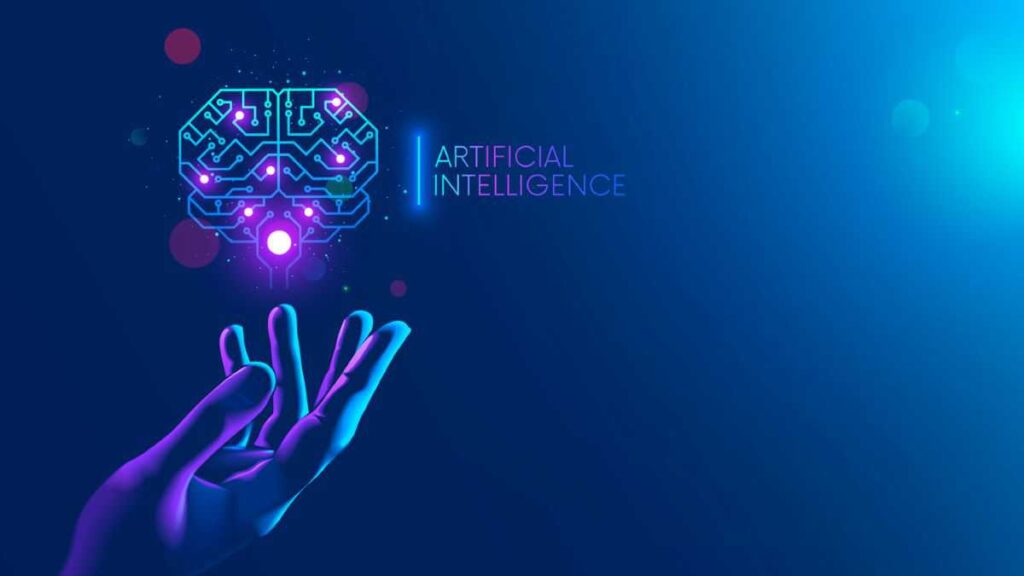
The Future of Artificial Intelligence and Its Impact on Industry
By Udit Agarwal

Artificial intelligence (AI) is a wide-ranging tool that enables users to make better-integrated information more effectively, analyze data, and utilize the resulting insights to improve decision-making. Extraordinary advances in AI are the everyday happening of the entire process. For instance, robots and driverless cars are evolving day by day.
These technologies drive economic progress, solve tough global problems, and facilitate solutions to profound challenges. AI can transform various sectors like information technology, telecommunications, transportation, traffic management, healthcare, education, criminal justice, defense, banking, and agriculture. Governments must create public policies that foster AI innovation and mitigate unintended societal consequences to realize its full potential.
The advancement of technology raises concerns about its adverse impacts on jobs, personal privacy, society, the economy, and politics. Experts estimate that automation and robotics will take over about half of the jobs soon. In case there are fewer requirements for workers because of the AI AI, then, in that case, what would happen to the humans who once held those jobs?
What is the meaning of AI?
AI, Artificial intelligence refers to the simulation of human intelligence by computer systems. Artificial intelligence differs from machine learning and is a process by which a computer can learn various skills. AI refers to a computer that can “think” for itself. AI can operate anything from Google’s search algorithms to IBM’s Watson to autonomous weapons.

Predictions about the AI Future
PwC estimates that artificial intelligence technologies could increase global GDP by $15.7 trillion, or 14%, by 2030. The 2017 study by Redwood Software and Sapio Research found that businesses could automate 60% of their operations in the next five years.
There are numerous instances where AI is already augmenting the capabilities of humans in significant ways. Let us take the example of stock exchanges, where high-frequency trading by machines has replaced human decision-making in organizations. AI can solve various environmental problems, including climate change, and predict natural calamities. AI will also take over many hazardous jobs in the future. Several companies are taking the initiative to build a robot system that can act as a human companion. China is using AI to improve the healthcare industry and speed up diagnoses.
China dominates global AI funding and invests in this futuristic technology for everything. No matter what the sector is, China supports all sectors. In the U.S., Ex-President Donald Trump demanded the creation of a new military service, a “Space Force,” by the Pentagon.
AI enables people to creatively verify, validate, secure, and control tasks. AI actively serves various sectors, such as manufacturing, construction, rescue operations, personal security, and speech recognition. It is available for customer service, support, and managing automated homes.

The Future of AI: Most Impacted Industries
Artificial intelligence is one of the most significant technological advancements in human history. AI technology quickly finds applications in various industries by improving existing processes and increasing productivity through automation.
As AI technology is still in its early stages, most small and medium businesses find it expensive. New AI solutions are continually released, making the technology more accessible and affordable. AI is impacting the world significantly.
1. Transportation
The transportation industry is vital in industrial sectors. It’s also among the first industries that adopted AI solutions for the improvisation of efficiency. AI plays a role in various levels of this industry. Currently, AI solutions find shorter transportation routes, minimize waiting time, and keep all available fleet drivers busy. However, as companies like Google and Tesla invest billions of dollars in developing self-driving vehicles, AI’s role in transportation will grow.
2. Healthcare
Healthcare is also one of the most important industries the all. In the Healthcare industry, AI makes it more versatile than ever before. By the introduction of automation of repetitive tasks, AI helps doctors facilitate better treatment for patients. By analyzing massive amounts of data, AI also helps improve the development of new drugs and therapy. The right AI solution can help improve the quality of life for millions of people. Estimates suggest that by utilizing AI, the US healthcare system could save over $100 billion annually by reducing drug trial and research expenditures and improving clinical practices.

3. Marketing
Digital marketing is a competitive industry where every move makes a big difference. New technologies inherited by traditional marketing practices require evolving strategies for the future. Day after day, AI is becoming one of the most popular tools for developing new marketing practices and can track consumer habits, make predictions, and improvise content creation as per the desired best practices.
4. Finance
The financial industry has used data to make better predictions for hundreds of years. The experts in the financial sector had to follow some of the crucial statistics to make accurate predictions and make money by trading. However, analyzing significantly more data allows AI to make highly accurate predictions.
5. Entertainment
The entertainment industry is constantly evolving, but with AI, it can reach the heights. Future suggestions propose that online-based AI platforms like YouTube and Netflix will create similar content.
Behind this, the idea is to use artificial intelligence to make the industry feel more personalized and engaging than ever before. The entertainment industry helps facilitate personalised entertainment according to every individual. Only a decade ago, this was unimaginable, but nowadays, almost all entertainment channels leverage AI to increase efficiency and sales.
Conclusion
Nobody can predict if AI will ultimately create more jobs than it displaces. By offering new tools for entrepreneurs, AI may create new lines of business that are out of the reach of the imagination.
Interacting with AI will soon become a habit for every individual. AI can tackle profound difficulties and find solutions for well-being. These developments are generating substantial economic and social benefits. At the same time, people face ethical challenges posed by AI. Along with everything, AI has the potential to move civilisation forward in progressive ways.